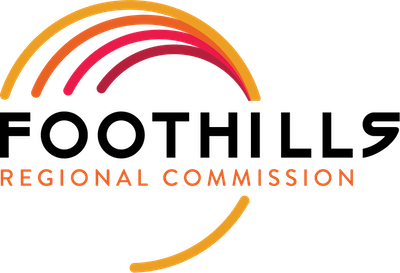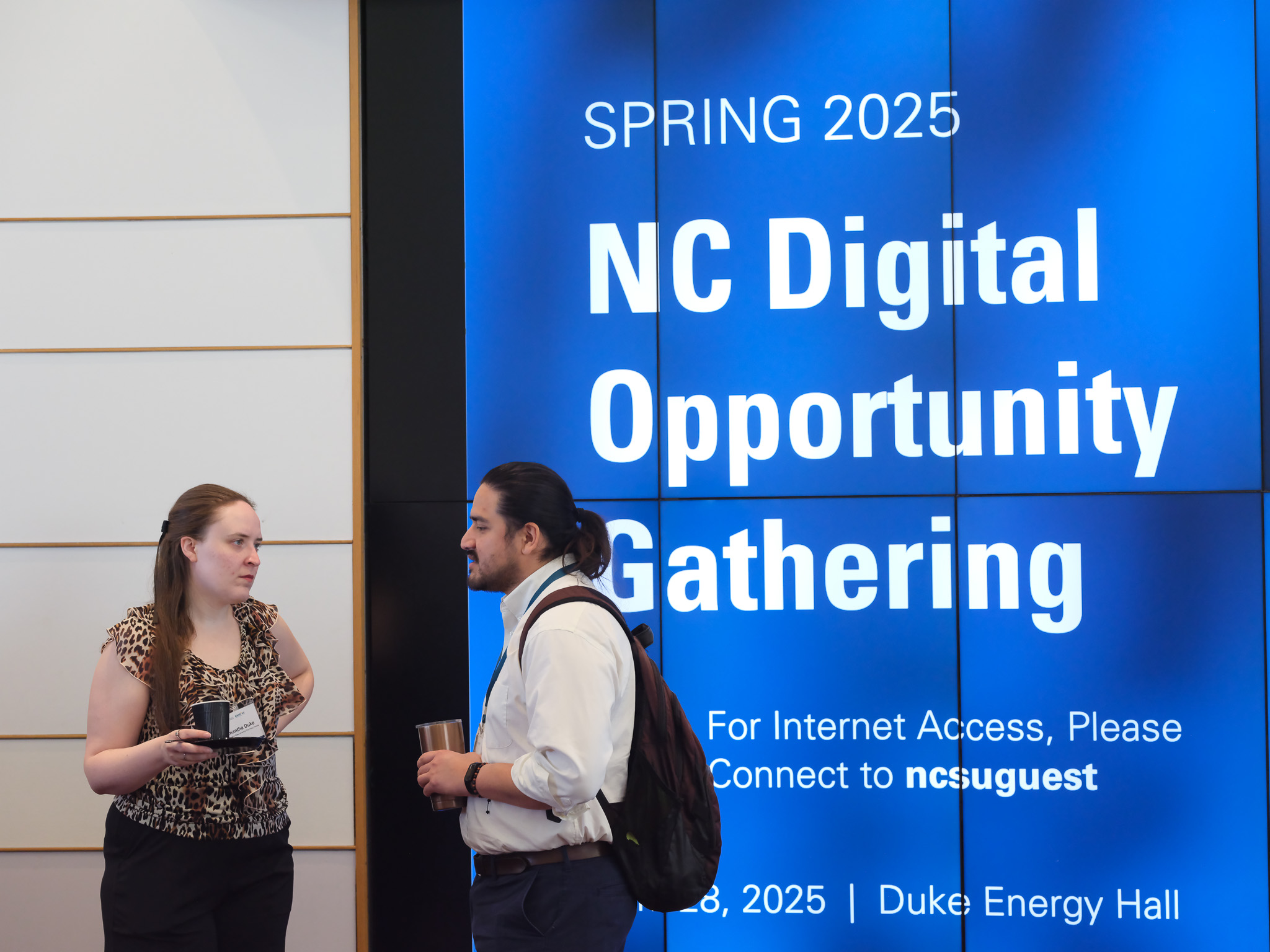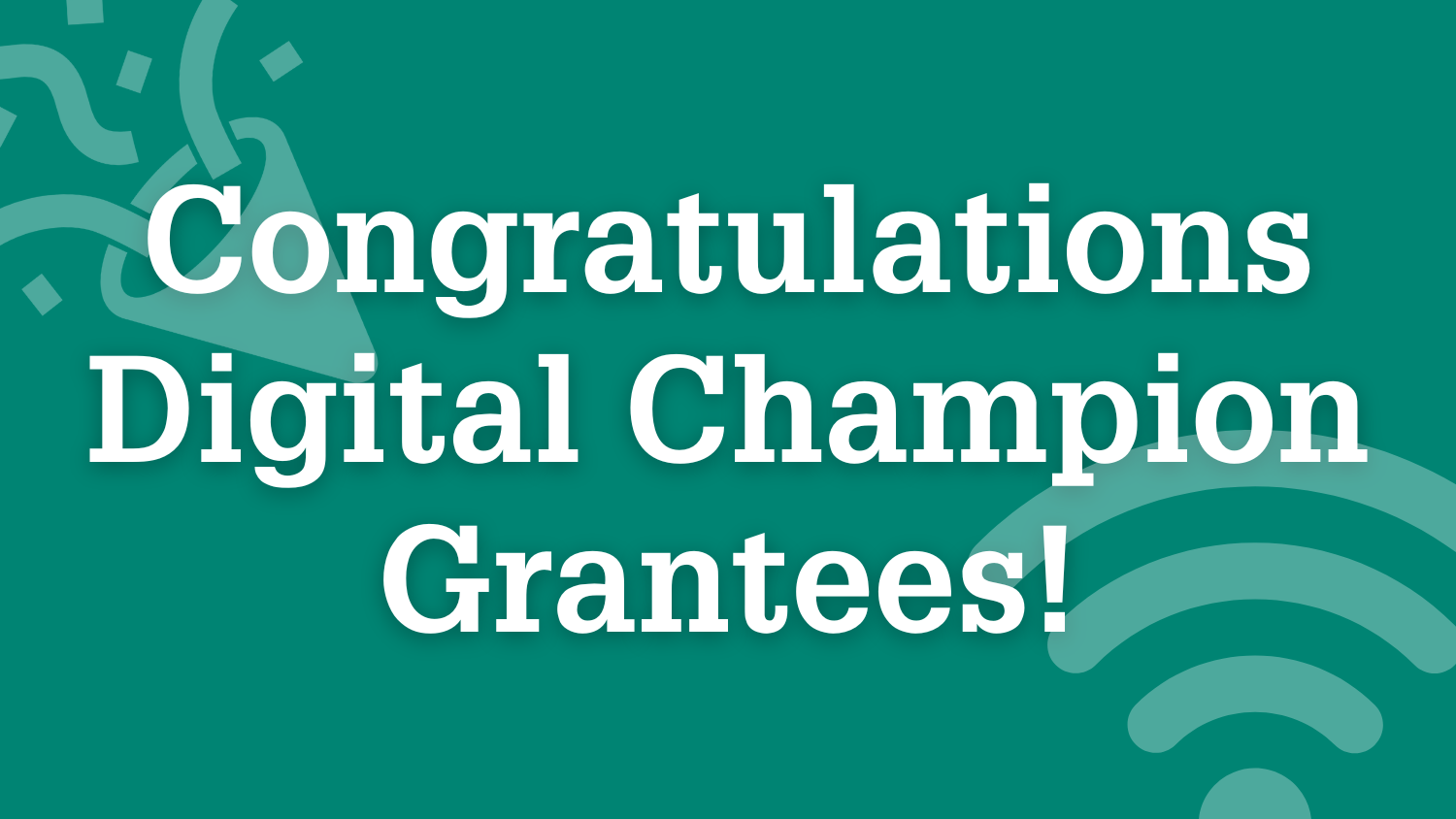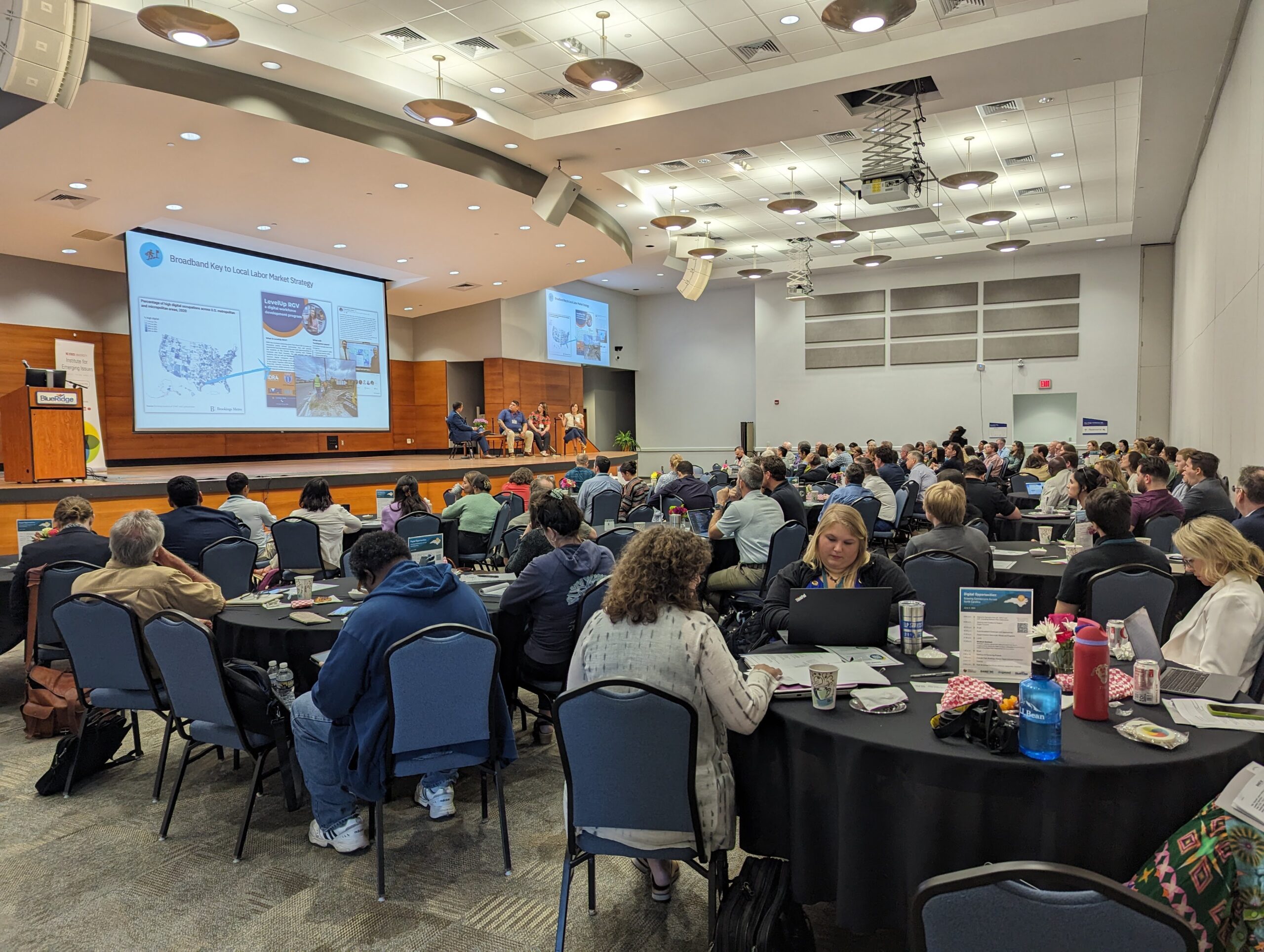The Foothills Regional Commission (FRC) held a virtual event on April 28 to mark the start of its process to create digital inclusion plans for four Western NC counties: Cleveland, McDowell, Polk and Rutherford. Creating digital inclusion plans for this area is part of a broader regional effort in the state to connect people to accessible, affordable internet and devices, with principal support from Dogwood Health Trust and participation of five Councils of Government in Western North Carolina.
About 20 stakeholders from various groups signed on to the virtual meeting, including participants from nonprofit organizations, business leaders, foundations and community colleges.
The event began with a presentation from Nate Denny, deputy secretary for the N.C. Department of Information Technology’s Division of Broadband and Digital Equity. Denny spoke about the issue of digital equity and opportunities at the state and federal level for broadband and digital inclusion funding.
“We have a mandate and an opportunity to connect every household in North Carolina,” said Denny. He also stressed the importance of the work going on at the community level.
Maggie Woods, director of Building a New Digital Economy in NC (BAND-NC), gave a presentation on digital inclusion planning and an overview of the BAND-NC program. BAND-NC, a program out of the Institute for Emerging Issues (IEI) at NC State University, aims to build capacity for a larger digital inclusion effort across Western NC through the funding from Dogwood Health Trust.
“This is a big deal, what we’re doing here today,” said Woods. “It’s the first of its kind nationally.”
James Ayers of FRC moderated a roundtable discussion focused on the elements of the digital inclusion planning process with Woods, Keith Buchanan and Madalyn Gaito. Buchanan and Gaito represented Connect McDowell, a non-profit working to improve digital literacy and equitable access to broadband internet in McDowell County. The panelists talked about the practices and resources they’ve found to be helpful to the planning process, as well as challenges and opportunities.
Gaito cited cross-sector collaboration as a key to their success.
“Because our board is made up of individuals from many aspects of our community, we feel like collaboration is one of our strengths,” said Gaito.
Buchanan reinforced that idea, and added that relationships that go beyond broadband are critical to getting the work done.
“On the agenda each month, we let each stakeholder on our board bring them up to speed on what’s happening in their place of work,” said Buchanan. “It brings a personal attachment… and lets them tell us what’s going on in their world, not just in broadband.”
One of the greatest challenges facing volunteer efforts like these is that of capacity. Woods reminded everyone that groups like FRC and the Institute for Emerging Issues are there as resources during the digital inclusion planning process.
###
About Foothills Regional Commission
Foothills Regional Commission is the council of governments for the Isothermal Region which includes Cleveland, McDowell, Polk and Rutherford Counties in Western North Carolina. The membership of the Commission consists of the county and municipal governments within the Isothermal Region. The Commission serves its members and their citizens by fostering regional collaboration and providing professional and technical expertise. The Commission houses the region’s Area Agency on Aging, Housing Programs, Rural Planning Organization, Workforce Development Board and provides services through its Economic & Community Development and Workforce Development programs and Technical Assistance programs.
About Institute for Emerging Issues
The Institute for Emerging Issues (IEI) at North Carolina State University is a nonpartisan public policy organization focused on the state’s vibrancy and economic competitiveness. Since 1986, the Emerging Issues Forum has attracted leaders in business, education and public policy to discuss issues with profound implications for North Carolina’s future prosperity. For more than three decades, the Forum has helped catalyze the policy reforms, public investments and other proactive responses required to build an enduring capacity for progress in North Carolina.
- Categories:



